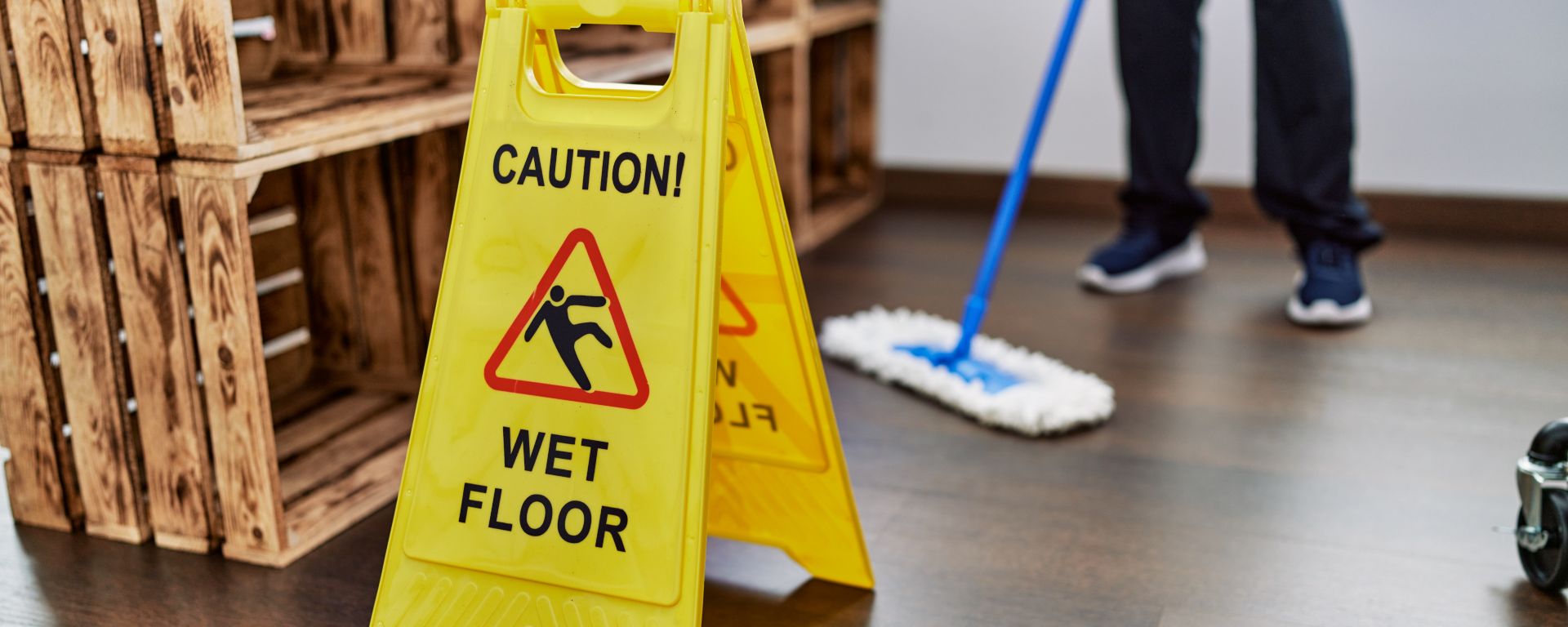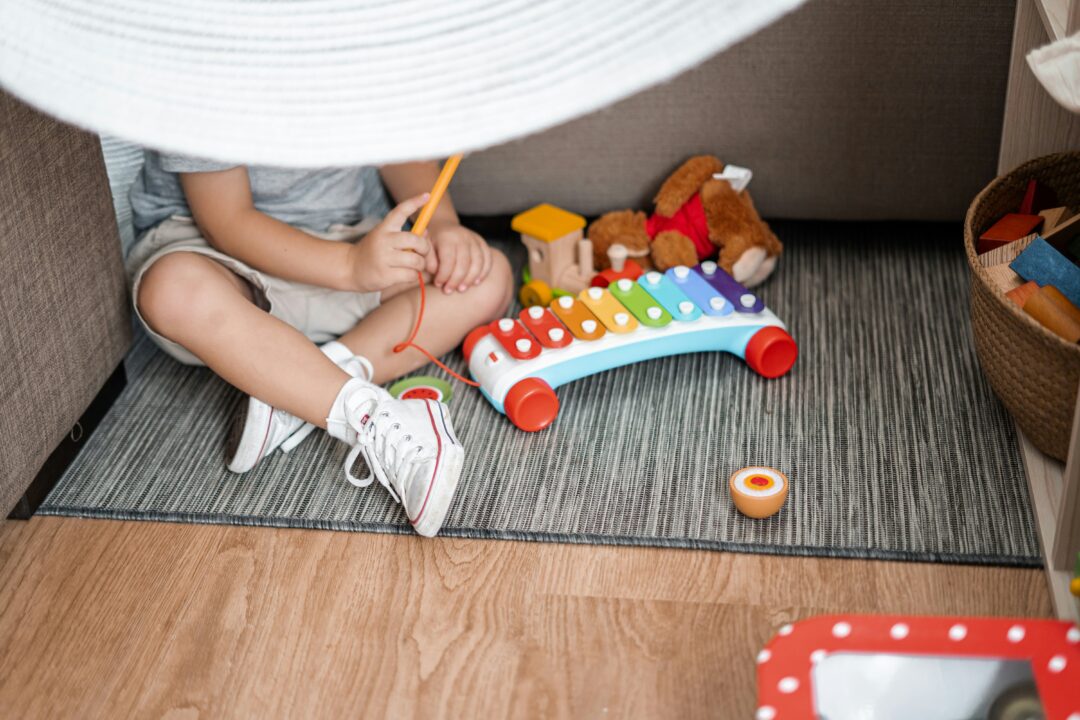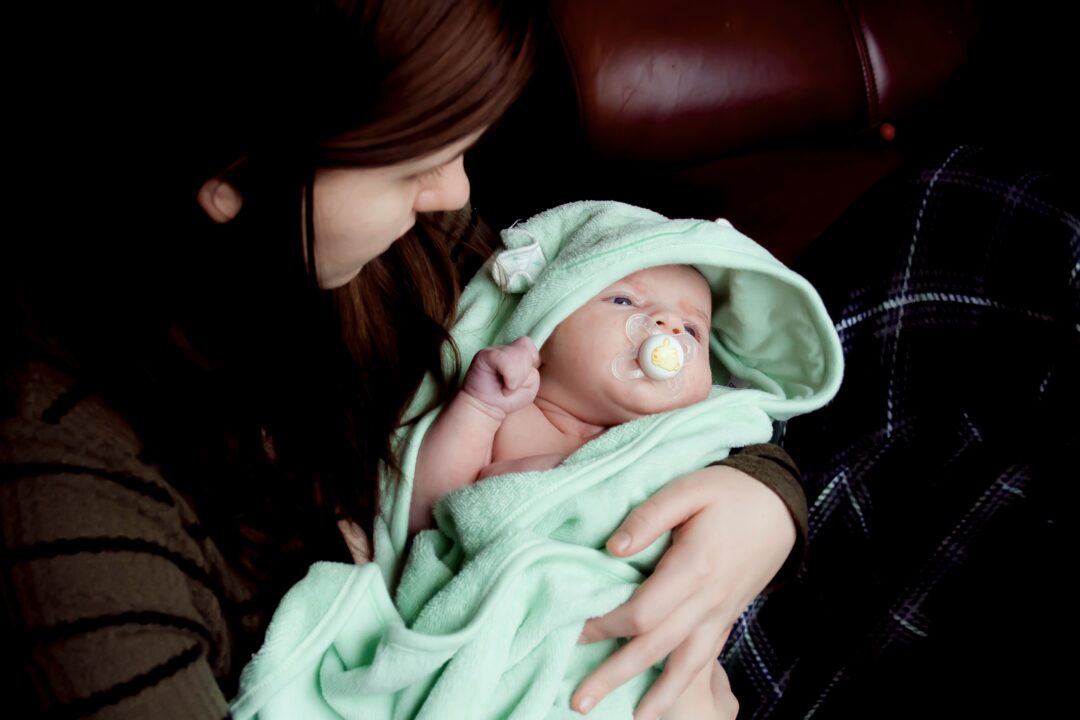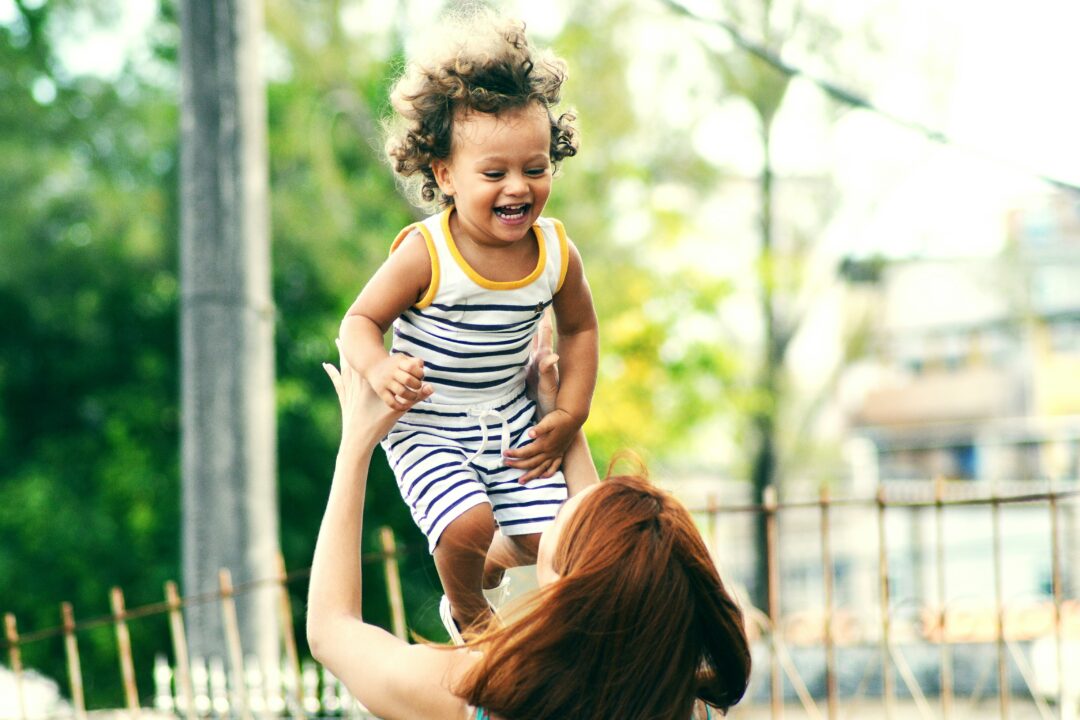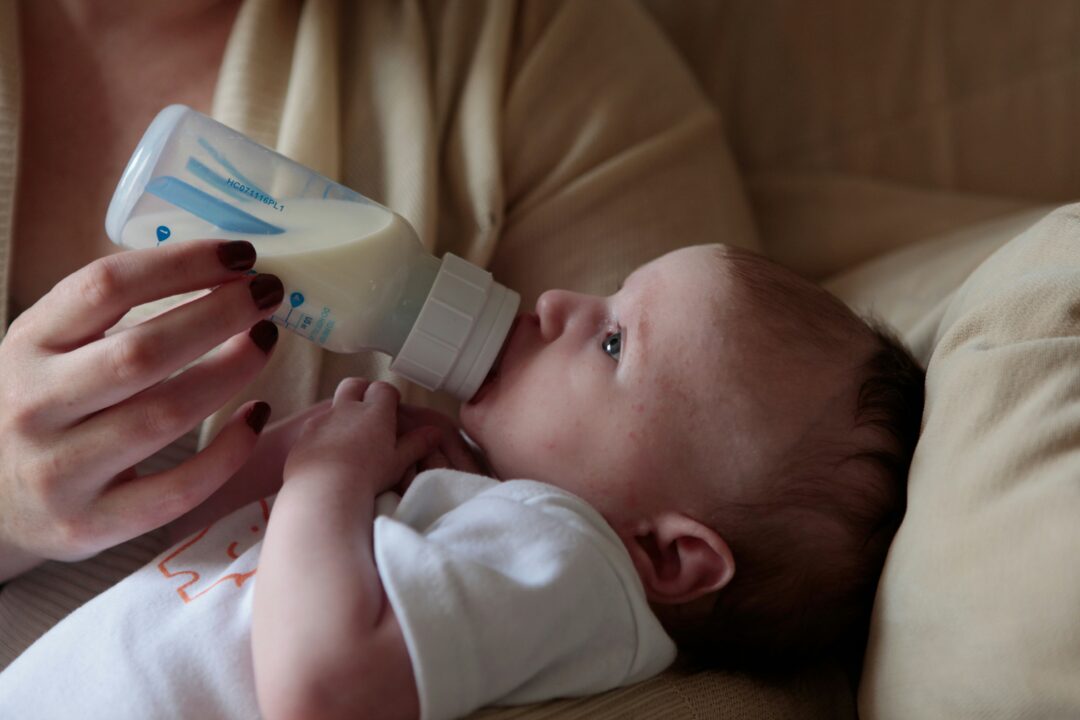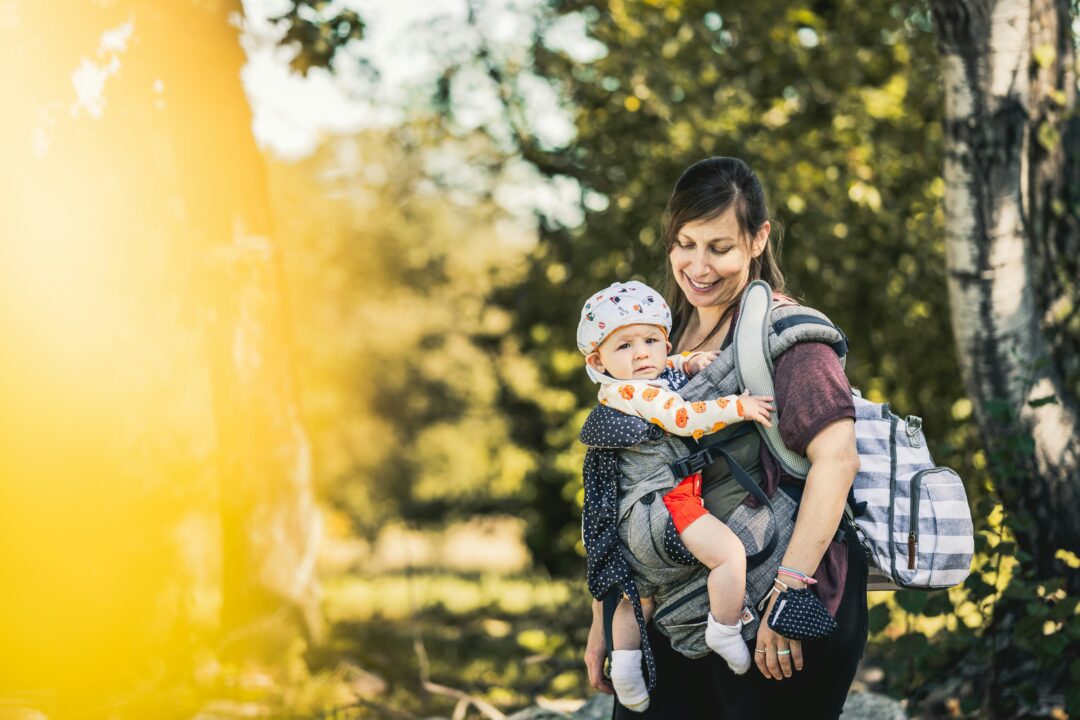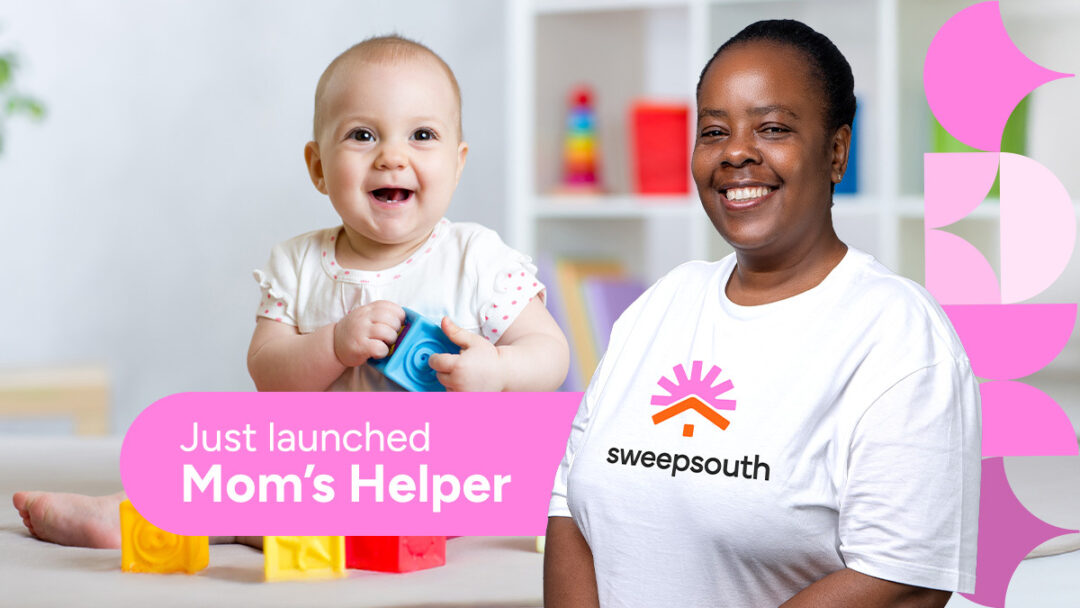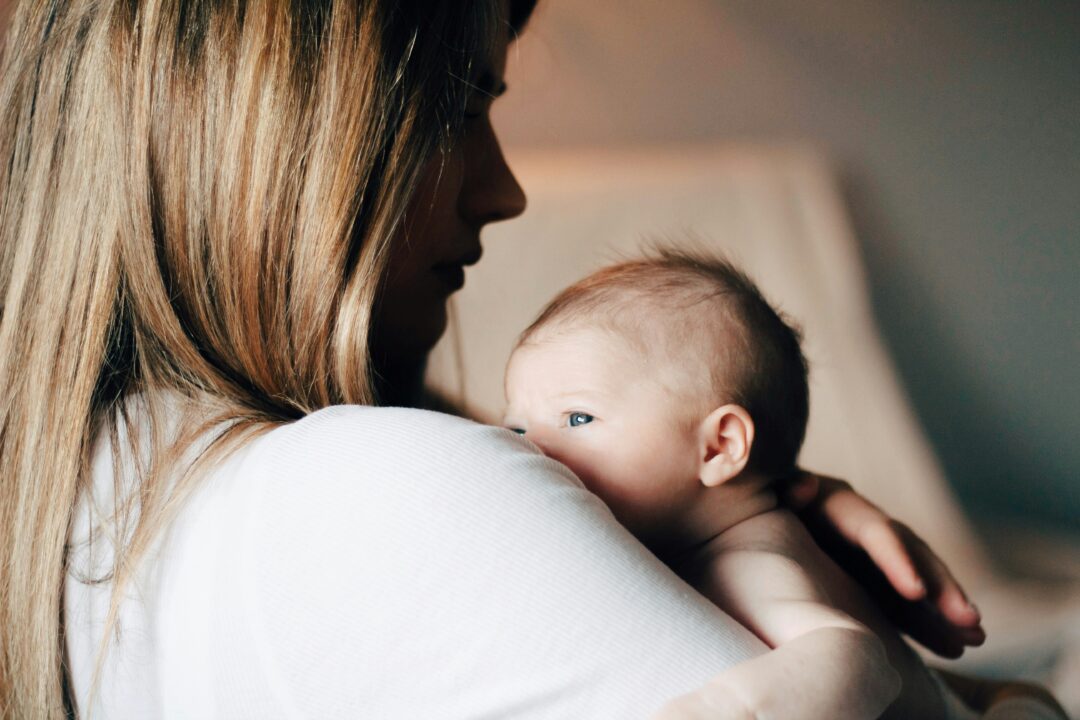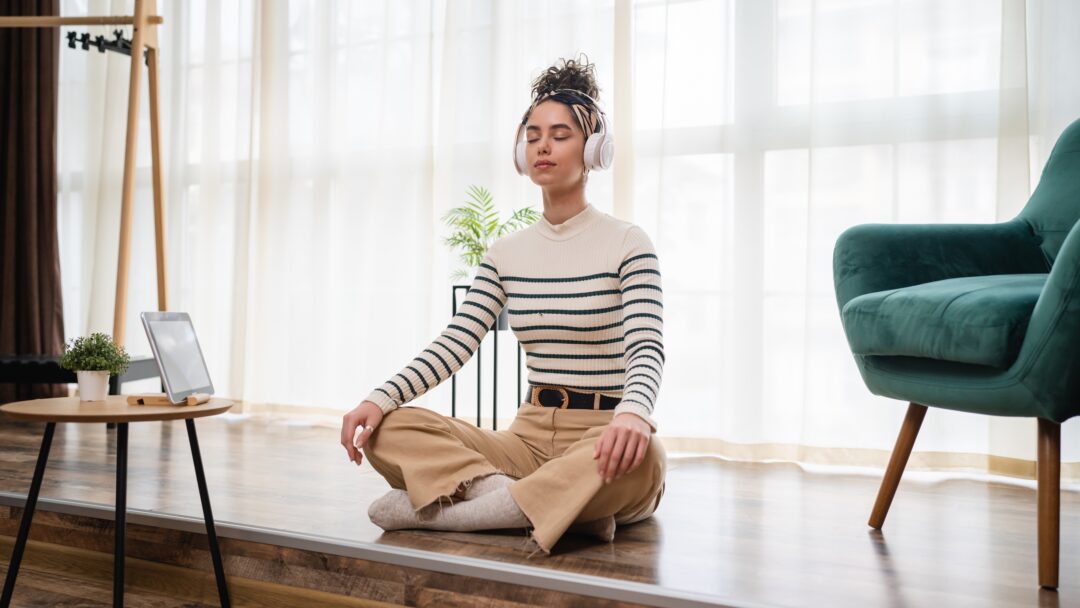Your home is the place where you and your family are supposed to feel safe and comfortable, where you can escape the world outside. However, your home may have the potential to be a health and safety hazard, especially for the elderly, children and pets. But, anyone can get harmed if there are chemicals and choke hazards around the home. Accidents do happen, but they can be avoided too. It’s better to take the necessary precautions than to have to deal with critical injuries with costly medical aid bills, and possibly a lifetime of regret. We have put together a guide to help you become aware of 10 of the safety hazards in your home so that you and your family are kept safe.
- Falling
- Poisoning
- Carbon Monoxide
- Fire Hazards
- Drowning
- Choking
- Sharp Objects
- Stoves
- Dishwashers
- Suffocation
1. Falling
Falls are one of the leading causes of fatalities in homes; the elderly are most associated with problems from this type of accident, but younger people can also suffer from less serious injuries like a sprained ankle or broken bone. For those aged over 75, hip fractures are a serious problem and can result in serious mobility issues as well as long term care.
Minimise The Risk
- For children and toddlers, you can make staircases safe or baby proof by installing a baby gate at the top and bottom of the stairs. Keep everyone at home safe by adding efficient lighting, and bannisters or handrails. For older people with less mobility, install stair lifts or consider moving to a home without stairs to avoid falls.
- Anyone can be susceptible to falls in the bathroom due to slippery or wet surfaces. Those more at risk of falling can take preventative measures by placing bathroom mats or towels on the floor before getting into the bath or shower. Elderly people may want to consider investing in seats specifically for a bath or shower, to make it safer.
2. Poisoning
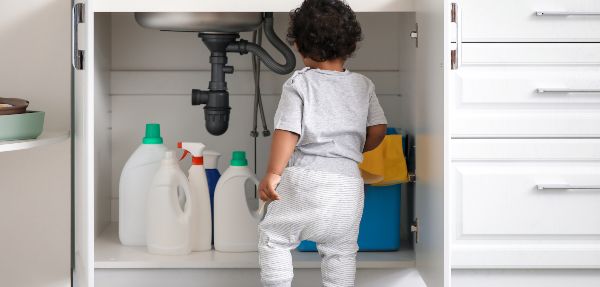
Poisoning is another leading cause of fatalities at home. For the most part, it’s small curious children who are affected the worst by this sort of hazard.
Minimise the Risk
- All cleaning products and harmful chemicals kept in the kitchen should be stored away in cupboards out of reach from small children. If they are kept in lower cupboards, make sure that they are secure with childproof locks so children cannot get into them.
- Paint and pesticides should be stored in the garages or sheds that are locked, so that the items are placed on high up shelves away from children.
- Keep an eye on kids if they are in the kitchen and do not leave small children unattended.
- Label unmarked containers and do not store cleaning products in food containers.
3. Carbon Monoxide
Carbon monoxide does not have a smell, which is why it’s also called the silent killer. Keep your family safe with these tips.
Minimise The Risk
- Consider having carbon monoxide detectors fitted in your home and make sure they are tested regularly.
- Ensure heaters are checked yearly to prevent the dangers of carbon monoxide poisoning.
4. Fire Hazards
Fire is another killer as far as home accidents are concerned. Fire hazards can result in fatalities, irreversible burns to your loved ones, as well as damage to your home and belongings.
Minimise The Risk
- Install smoke detectors throughout your home in the kitchen, bedrooms and basement. Test the smoke detectors once a month and be sure to change the batteries twice a year.
- Be careful when cooking, and never leave a pot of oil for deep frying unattended. If the pot or pan does catch fire, use a damp towel to get rid of the flames, but do not try to attempt putting out the fire by throwing water onto the flames.
- Have your electrical wiring in your home tested regularly by an electrician.
- During Christmas, a major hazard and devastating tragedy is fire. Be sure your festivities aren’t ruined by fire by turning off Christmas lights before you go to bed.
- Keep matches and lighters away from children. If you smoke, be sure to carefully extinguish cigarettes.
- Never leave a candle burning overnight.
- Have a fire safety and exit plan ready that everyone at home knows.
5. Drowning
Children aged 1 to 4 years old are at more risk of drowning. It is the leading cause of fatalities and injuries for children in this age group. Children at this age can drown in just 2 inches of water. Follow these preventative methods to keep your little ones safe.
Minimise The Risk
- Always supervise babies and young kids when bathing. Don’t become distracted or answer the phone if your child is in the bath.
- Keep the toilet lid closed.
- If you have a swimming pool or pond, then it should have a fence around it. Never leave children unsupervised when water is easily accessible, including paddling pools.
- Don’t use electrical items in your bathroom.
6. Choking
Choking is a hazard for small children who have a tendency of putting small objects into their mouths.
Minimise The Risk
- Never take your eyes off small children, especially once they learn how to crawl.
- Learn how to perform the Heimlich manoeuvre on your children in case you ever need to use it.
- Make sure your child plays with toys that are age appropriate and from trusted companies, without any small parts that could break off.
- Follow safety procedures when putting babies to sleep and check to make sure that there are no choking hazards in the bed or cot.
- At dinner time, cut up food into small pieces for young children, and teach them to chew and swallow properly. Also, avoid giving them sweets that are easy to choke on.
7. Sharp Objects
There are plenty of sharp objects that are necessary in the home, but if they get into the hands of small children, they can be lethal. Here are some tips to keep your family safe.
Minimise The Risk
- Keep kitchen knives and graters out of reach from children by using locked drawers.
- Learn how to use knives safely and efficiently. If you don’t know how to chop, slice or dice without risking your fingers, try watching some video tutorials online.
- Store sharp knives with shields to cover the blades, and take care when washing them.
- Keep items such as rakes, saws, and lawn mowers locked away safely in the garden shed or the garage. Follow safety protocols and use them with caution. Remain vigilant to avoid accidents while gardening, such as tripping and stumbling.
8. Stoves
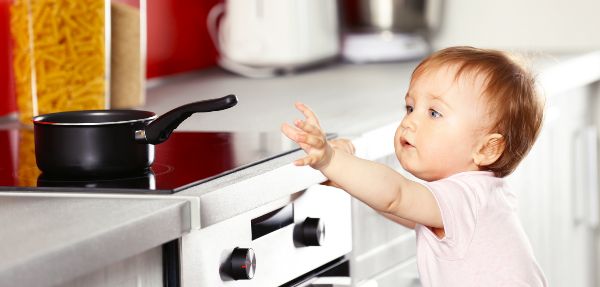
Stoves present a significant danger for a variety of reasons. Keep safe by following these tips.
Minimise The Risk
- Use the burners at the back if children are around to make it harder for them to reach up and burn themselves.
- Pan handles should face inwards so that they cannot be grabbed by children.
- Correct installation is important to ensure that the stove won’t tip over.
9. Dishwashers
Dishwashers are a great timesaving addition to any home, but they do pose potential dangers. Follow the steps to avoid accidents.
Minimise The Risk
- When placing knives and forks into the dishwasher, try to make sure that the blades and prongs are facing downwards to avoid cuts.
- Unload the dishwasher after use so that small children are at minimal risk of getting their hands cut on sharp objects, or wash them separately.
- Never leave the dishwasher preloaded with detergent.
- Dishwashers work by washing your dishes at high temperatures. Make sure that the dishwasher is securely latched so it can’t be opened mid-cycle, which could cause burns from hot water and steam.
10. Suffocation
Toddlers and young children are at risk of suffocation in the home. Follow these tips to avoid accidents and possible fatalities.
Minimise the Risk
- Keep trash bags and other types of bags that are potential hazards, away from children.
- Keep string, cords, and ropes out of reach. Pay attention to curtains that have cords, and be sure that cots and beds are not near the strangling hazard.

Conclusion
Nothing is more important than keeping your family safe. Knowing the precautions to take makes your job as protector a bit easier, even though you can’t be on watch all the time. You may want to get some help protecting your loved ones with cameras or home security systems. These days, many allow remote access and home automation so that you can make sure that everything is fine at home as often as you need.
Alternatively, if your home needs to be cleaned to make sure it’s safe for everyone, you can book a professional home clean with SweepSouth.
